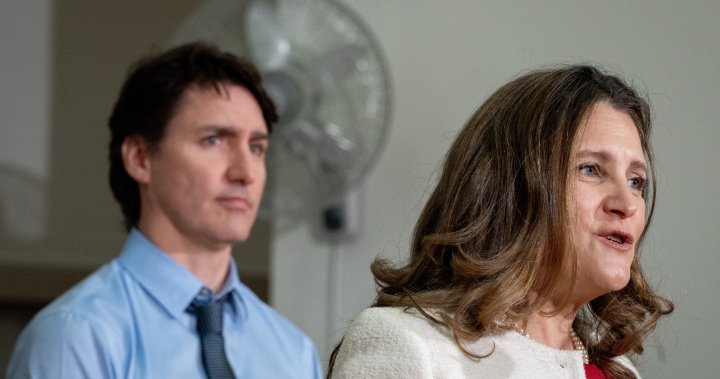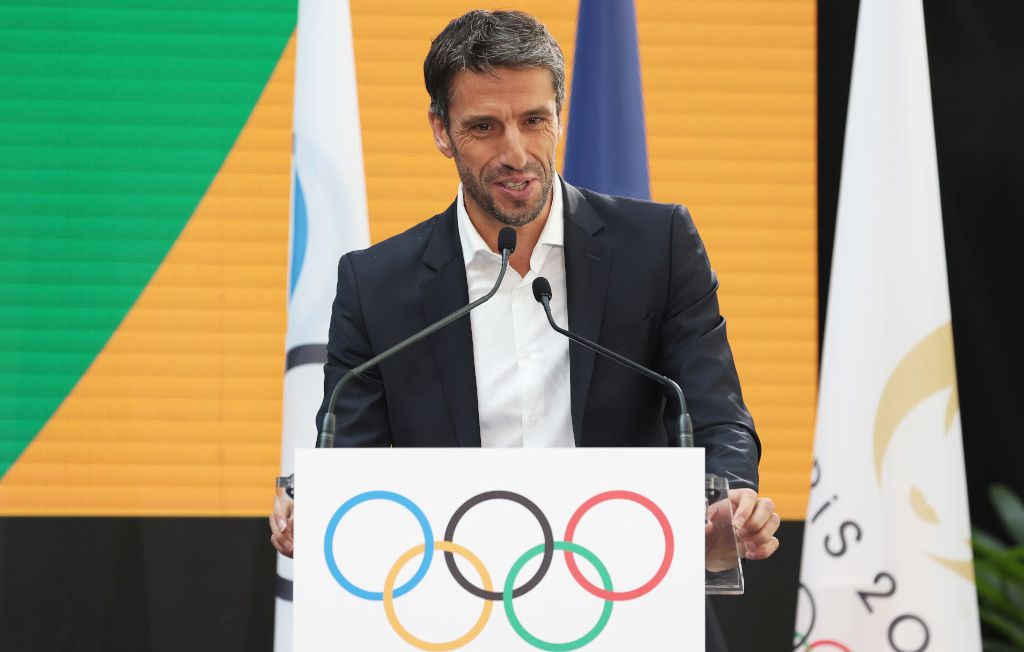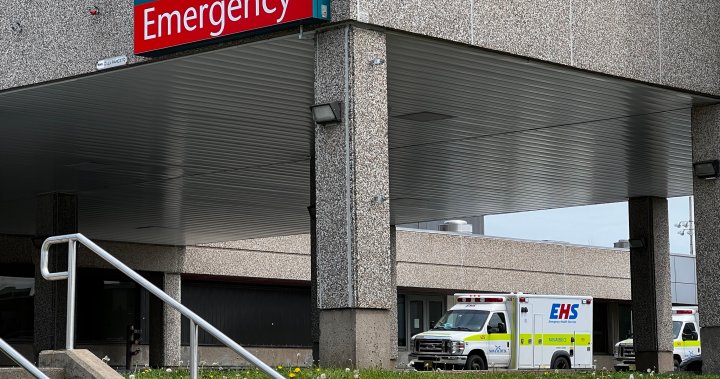Access to emergency healthcare services in Halifax was dealt another blow on Thursday as the city’s QEII infirmary site was without running water or heat following a second water main break at the hospital in 24 hours.

One patient with accessibility needs said he was advised to leave due to the fact he wasn’t able to access the hospital’s washroom facilities.
“I have no circulation in my legs. I can’t walk,” said David Macdonald, who said he had recently undergone surgery.
“The health department came in and they moved everyone they could move out of the hospital. Some people live far away, they live five or six hours from here. How can they get home?”
John Gillis, communications chief at Nova Scotia Health, said the second water main break occurred early on Thursday morning while crews were attending to the original break.
Story continues below advertisement
“Both water main breaks were in the same pipe. One break occurred, was repaired, and unfortunately, afterward, another break occurred in the same section,” he said during a media availability on Thursday.
Gillis added the water main breaks resulted in the loss of water and steam for the entire Halifax Infirmary campus including both the Veterans Memorial and Abbie J. Lane buildings.
He said some surgeries at the Victoria General Hospital in Halifax and the Dartmouth General Hospital are being rescheduled to accommodate urgent cases that would normally be done at the Halifax Infirmary.
“It’s not possible to proceed with dialysis and difficult to proceed with surgery under these conditions,” he said, noting a decision to move patients hasn’t been made “at this point.”
The latest health and medical news
emailed to you every Sunday.
“It’s cooler in the building than we want it to be on a day like this and access to bathrooms is difficult.”
Gillis said crews have been forced to transport water, washing stations, and portable toilets into the hospital as a temporary measure. He said he isn’t aware of the current number of patients who remain inside the building at the time but said inpatient care is ongoing.
“The emergency department is open so if you have an emergency, absolutely come here,” he said, adding that he otherwise recommends individuals choose a pharmacy, virtual care, or a separate emergency department location until the issue is resolved at the Halifax infirmary.
Story continues below advertisement
On the bright side, he said boilers are operating again and therefore heat will be restored to the buildings on Thursday afternoon.
“The restoration of full water pressure to be able to run water, toilets, and fire suppression … we still don’t have an estimation,” he continued.
Gillis said the water main break had no relation to the ongoing construction of the infirmary’s expansion project.
“It was a pipe inside a building here,” he said.
When asked how patients were being treated that choose to stay inside the hospital, Gillis said he’s unaware of any instances of people being asked to leave.
“Because we have limited access to washroom facilities, we’re trying to reduce visitors to patients. If people want to come and bring extra clothes, blankets for patients, that’s ok,” he said.
Gillis added that an emergency response team is holding discussions throughout the day and will determine if the infirmary can return to normal conditions tomorrow.
Story continues below advertisement
In a Wednesday release, Nova Scotia Health said a water main break had forced the cancellation of some elective surgeries and has the hospital asking patients “without emergency concerns” to visit another ER.
“There is currently no running water for flushing toilets or drinking. Hand sanitizer is available and we are working to bring in drinking water and portable hand-washing stations/washrooms to as soon as possible,” the release stated.
All elective and non-urgent surgeries and procedures were then cancelled and rescheduled.
— with files from Vanessa Wright and the Canadian Press










